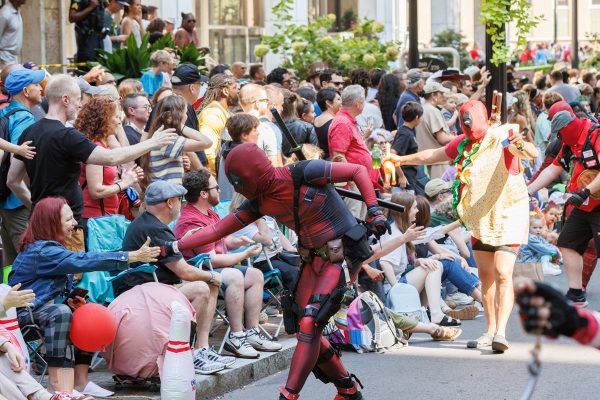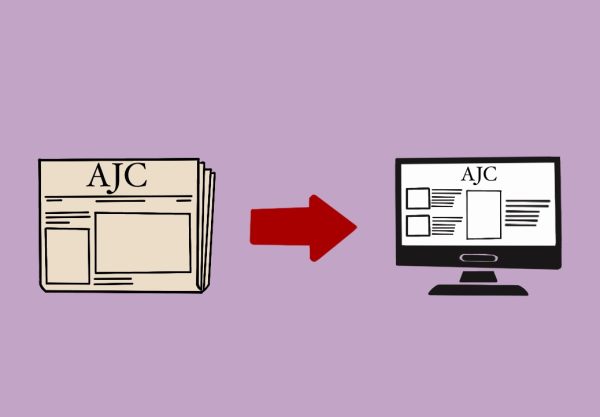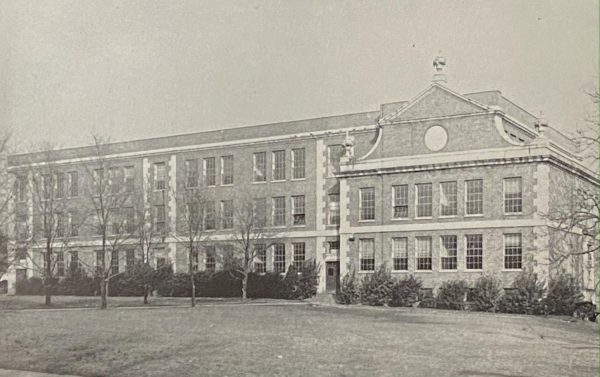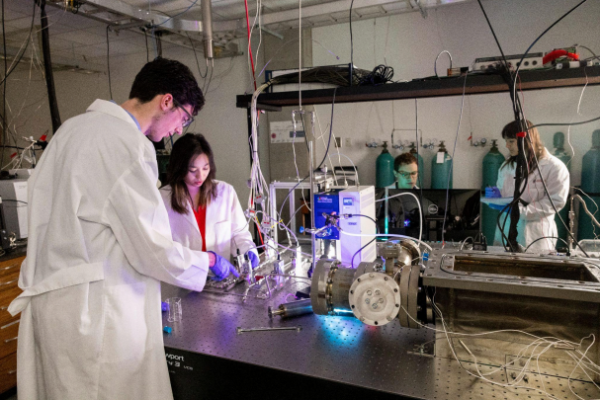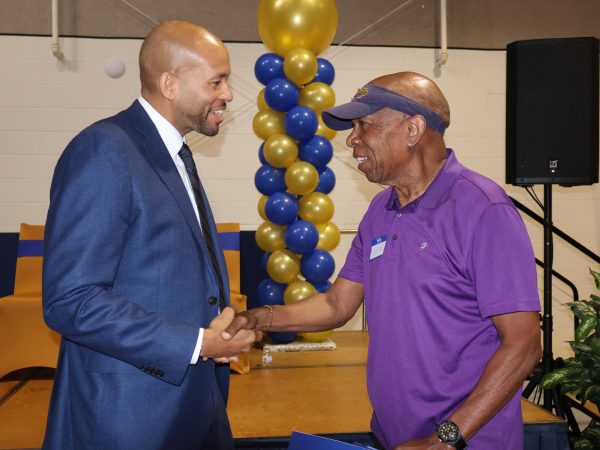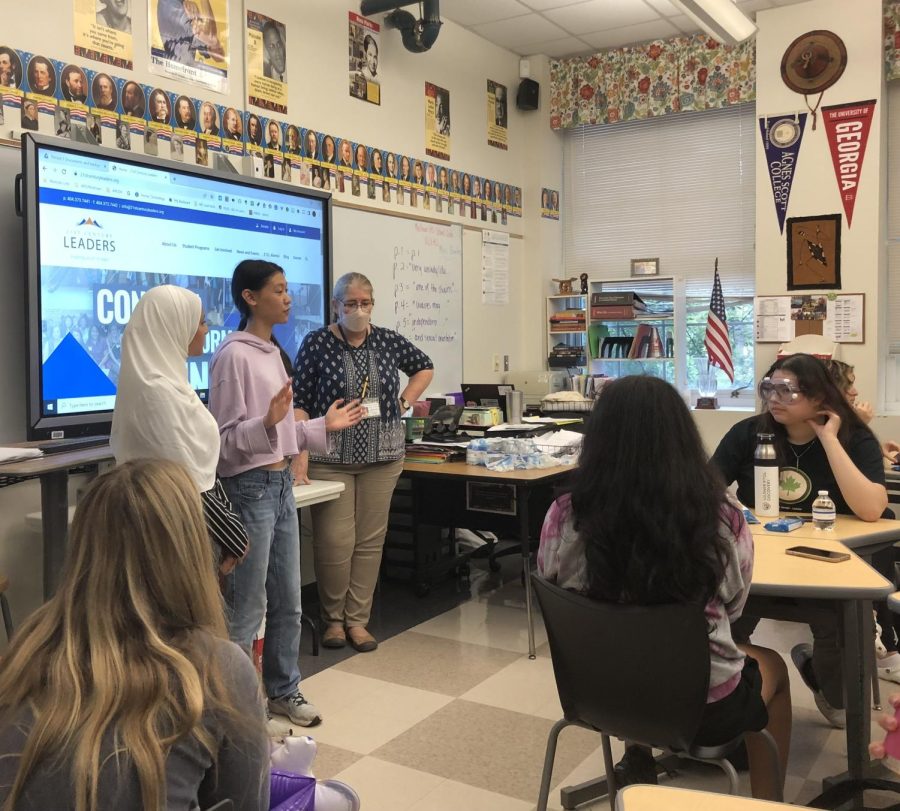Community service policy changed, limits opportunities
Senior Sophia Wang (center), senior Salaam Awad (left), along with Mary Van Atta (right) lead the 21st Century Leaders club and discuss future plans and service opportunties.
Atlanta Public Schools adjusted the community service policy, making ways to earn community service hours stricter and taking away previous COVID-19 adjustments for students. Starting this year, students will not be able to receive hours from drives or from volunteering at school events.
Last January, APS issued new guidelines differentiating between self service, school service and community service. As a result, many on-campus activities that previously counted as community service such as assisting a staff member, athletic team or club, were changed, and considered to be self service or school service.
“The purpose of [the change] is really the district [wanting] students to get out in the community,” Mary Van Atta, advisor of the 21st Century Leaders Club, said. “That was the original intent: to have our students get out into the community, build character, build experience and build empathy for what is happening in the community. I think the general feeling is that [while] contributing to drives at the school is well-intentioned, it is not as interactive with the needs of the community as some other activities could be.”
The 21st Century Leaders Club is an organization focused on providing students with community service opportunities. During the pandemic, when community service opportunities were limited, the club led drives to help with relief and to allow students to get hours. While drives are not prohibited, students can no longer receive hours for bringing in items.
“It’s not really fair,” sophomore Melina Welsh said. “We’re donating our time to the food drives and [school events]. We should get community service hours from that, we’re helping our community.”
When hours were given to students, the club received more donations than ever. With the hour incentive gone, the drives might not be as successful.
“There’s every reason to believe that there will be less donations,” Van Atta said. “I don’t mean to sound like people are in for it for themselves, but when you add the incentive of hours on top of goodwill, it is multiplying incentives, typically multiple donations. That being said though, I think there are a number of people who are goodhearted who will, if we did a drive, want to connect and donate what they can.”
In addition to drives, school-serving hours, such as working on the sets for theater or helping during school events and dances, will no longer be counted as community service.
“I think that it asks a lot of students to have outside time, in addition to everything else, to find some sort of non-profit organization that needs help,” John Brandhorst, the APS Fine Arts Department chair, said. “1,600 kids here are looking for hours. There are a finite number of organizations. That means that kids who have easy access to transportation will have a huge advantage over kids who don’t. If you drive, that’s an advantage. If you have a parent that isn’t working, that’s an advantage.”
During the school year, some students may also not have enough time or resources to get community service hours out of the school environment.
“It’s kind of an arbitrary decision that doesn’t allow for the complexity of what students have to do,” Brandhorst said. “For kids who are already working, when are they supposed to go to school, do school work, their job, family and then volunteering?”
Community service is a graduation requirement. For underclassmen, students need to earn 75 hours of community service. Upperclassmen only need to earn 40 hours, due to the pandemic. For students who need last minute hours, the school volunteering and drives helped meet the requirement.
“For the people who don’t have enough community service hours, [the policy change is] going to make it a lot harder for students to earn hours [last minute] and they’re going to have to take time out of their day to do that,” said Weatherly.
While many of the past ways to earn hours have been limited, there will still be opportunities for students to earn hours while at school. This includes 21st Century Leaders Club initiatives.
“You can’t always go to an organization and physically [participate] there,” Van Atta said. “Sometimes, like at the food bank, you can go there and sort and pack food, but every organization doesn’t necessarily have a sorting and packing area. We can use the facilities here to sort and pack and give time for the sorting and packing.”
Until the district announces its final stance on community service, the 21st Century Leaders Club will be allowed to have some community service opportunities on campus as long as the activity is connected to an outside organization. The club plans to meet once a month and provide both on campus and off campus opportunities. For now, students will need to rely on more off campus service opportunities than school based activities or drives.
“[The policy change] implies that the school isn’t [a part of] the community,” Brandhorst said. “…By serving here, it isn’t community service.”
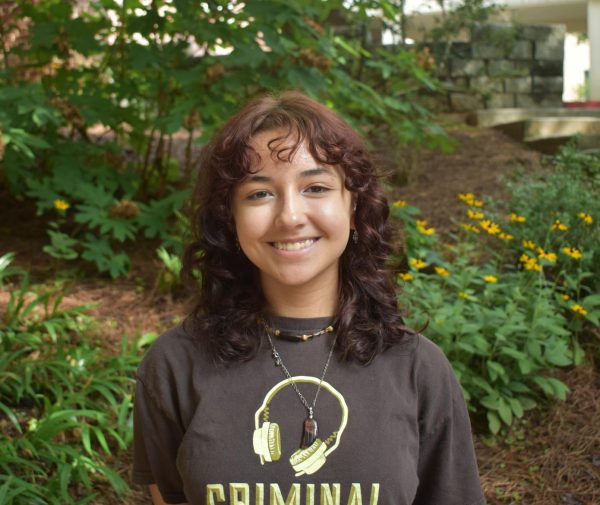
Stella Maximuk is a senior and has been on the Southerner for three years. This year, she is Editor in Chief of the comment section and helps manage the...


